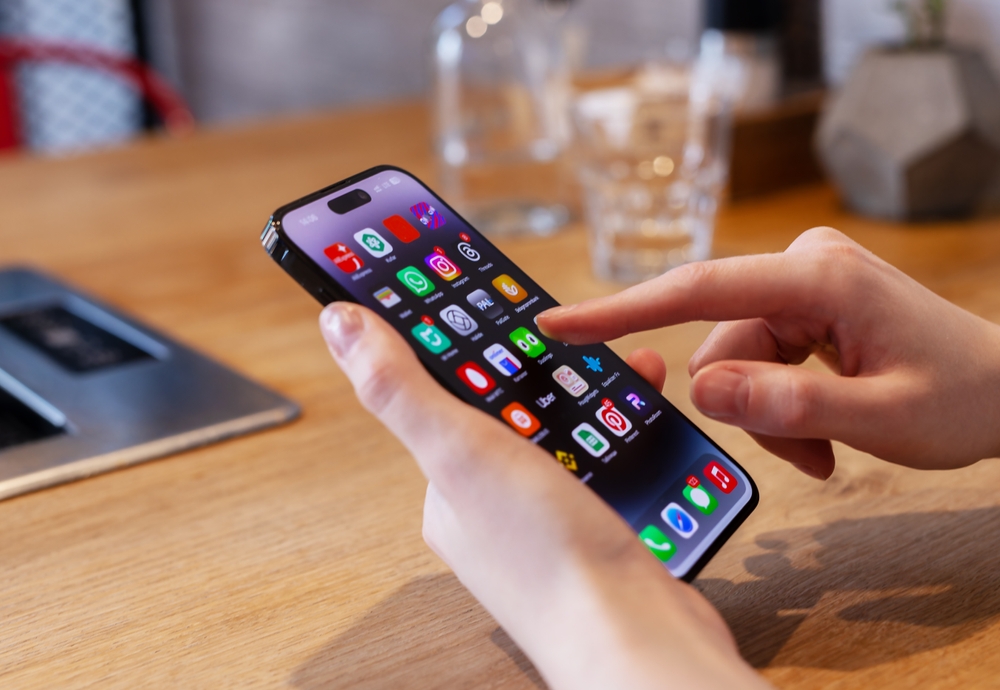
Hackers have infiltrated official app stores with dangerous malware that silently steals your private photos and cryptocurrency, putting millions of users at risk of blackmail and financial ruin.
Key Takeaways
- Over 20 malicious apps disguised as legitimate cryptocurrency wallets have been discovered on official app stores, stealing recovery phrases and private data.
- Two particularly dangerous apps – 币coin (Apple App Store) and SOEX (Google Play) – were found using SparkCat malware to access users’ photo galleries for potential blackmail.
- The malware uses sophisticated optical character recognition (OCR) to scan photos and screenshots for sensitive information, including crypto wallet recovery phrases.
- Users should immediately delete these apps and verify app legitimacy before downloading by checking reviews, developer history, and required permissions.
- The threat extends beyond official stores to unofficial channels, including TikTok clones and adult-themed applications.
Cryptocurrency Wallet Attack Campaign Uncovered
Cybersecurity researchers have identified a widespread attack targeting cryptocurrency users through deceptive mobile applications. According to Cyble Research and Intelligence Labs (CRIL), more than 20 malicious apps on the Google Play Store are masquerading as legitimate cryptocurrency wallets for popular platforms such as SushiSwap, PancakeSwap, and Raydium. These fake apps have a singular purpose: tricking users into entering their 12-word recovery phrases, which gives attackers complete access to victims’ digital assets.
The malicious applications include Pancake Swap, Raydium, BullX Crypto, OpenOcean Exchange, Meteora Exchange, SushiSwap, Hyperliquid, Harvest Finance blog, and Suiet Wallet. Users who have downloaded any of these applications should immediately uninstall them and change their cryptocurrency wallet recovery phrases if they’ve already been compromised. The scale of this operation demonstrates how sophisticated cybercriminals have become in targeting digital assets.
SparkCat Malware: A New Threat to Your Privacy
Beyond cryptocurrency theft, security researchers have discovered an even more invasive threat. Two applications – a currency app called 币coin on Apple’s App Store and an instant messenger named SOEX on Google Play – have been banned after they were found stealing users’ private photos. The SOEX app alone was downloaded over 10,000 times before removal. These apps utilize a particularly dangerous malware strain called SparkCat, which employs optical character recognition technology to scan through users’ photo galleries.
What makes this attack particularly concerning is its dual nature. While primarily focused on stealing cryptocurrency wallet recovery phrases that might be stored in screenshots, the hackers also gain access to personal photos that could potentially be used for blackmail or extortion. The malware operates silently in the background, giving users no indication that their private data is being exfiltrated. By the time the theft is discovered, significant damage may already have been done.
How to Protect Yourself from Malicious Apps
The infiltration of official app stores by these malicious applications highlights the need for greater vigilance when downloading any new app. Both Apple’s App Store and Google Play, despite their security measures, have failed to detect these threats before they reached thousands of users. Security experts recommend implementing a checklist before downloading any application, especially those related to financial services or requesting unusual permissions.
This checklist includes verifying developer reputation and history, checking recent reviews for complaints about suspicious behavior, scrutinizing permission requests (particularly gallery access), and being wary of apps with few downloads or recent release dates. The SparkCat malware specifically looks for excessive permissions – 币coin requests photo gallery access on iOS while SOEX demands storage permissions on Android. Any app requesting access beyond its core functionality should be treated with extreme caution.
The Expanding Threat Landscape
Security researchers warn that these identified applications are likely just the tip of the iceberg. The malware is also spreading through unofficial channels, including TikTok clones, gambling applications, and adult-themed apps. A variant called SparkKitty specifically targets screenshots and text-containing images. This evolving threat landscape requires constant vigilance from users who can no longer rely solely on app store security measures to protect their personal data.
Anyone who has downloaded suspicious applications should immediately scan their devices with reputable security software, change passwords for important accounts, and monitor financial accounts for unauthorized activity. For cryptocurrency users, moving assets to new wallets with different recovery phrases is essential if there’s any suspicion that wallet information may have been compromised. The increasing sophistication of these attacks demonstrates that digital security requires ongoing attention and proactive protection.




